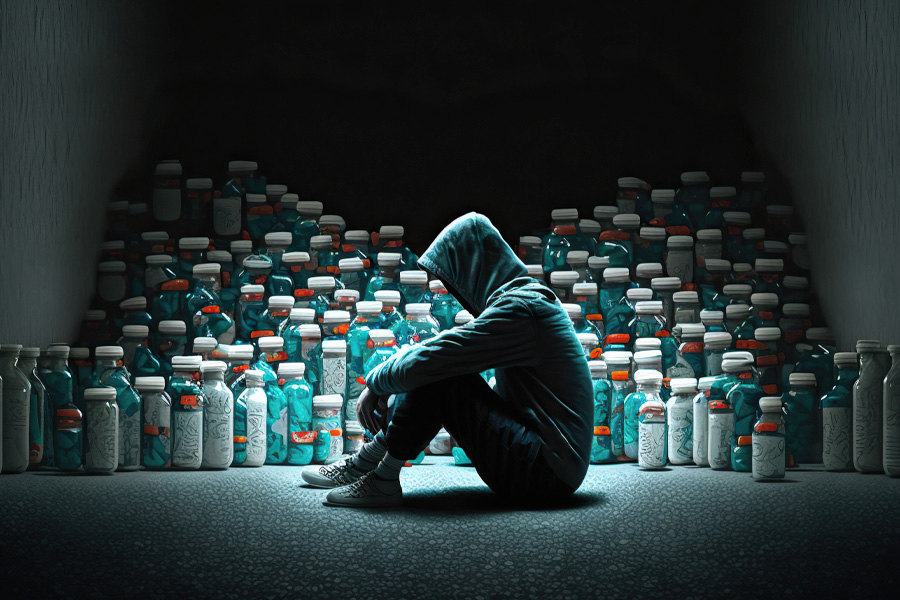
Substance Use in the United States and North Carolina: What is the Trend and How to Help

National Substance Use Prevention Month is an observance to highlight the vital role of substance use prevention for both individual and community health. Millions of Americans suffer from a substance use disorder, including underage drinking, alcohol dependency, non-medical use of prescription drugs, misuse of over-the-counter medications, and illicit drug use. Our Teen Advisory Board Coordinator, Bain Brown, shares some of the statistics of substance use amongst adolescents and ways to combat these issues.
What trends are we seeing in the US?
The CDC’s 2021 Youth Risk Behavior Survey (YRBS) reports that about 30% of high school students reported substance use in the past 30 days. A significant portion, about 35%, of those students used multiple substances. Although there is still progress to be made, youth substance use in the U.S. has seen a decline over the past decade, including during the COVID-19 pandemic. Despite this decrease, substance use remains prevalent among high school students nationally. The reduction in substance use might be attributed to pandemic-related factors such as reduced peer contact and increased parental oversight. Given the evolving markets for alcohol and drugs, it is essential to continuously monitor these trends. Evidence-based prevention programs, such as the Teen Advisory Board at Teen health Connection, that target the factors contributing to youth substance use could help sustain and amplify this decline.
How does NC compare to the rates of the US as a whole?
North Carolina teens report similar rates of substance use as their peers across the nation. The 2021 YRBS reports that there is no significant difference between national and state rates of underage drinking and marijuana use among high school students in NC. However, North Carolina teens are more likely to use electronic vapor products, or e-cigarettes, with current use rates 5.8% higher than the national average. Additionally, the number of high school youth in NC who report taking a prescription medication (such as Vicodin, Oxycontin, or Percocet) without a doctor’s prescription is 3.6% higher than the national average. These higher rates of prescription drug misuse are alarming given the national increase in accidental overdoses due to Fentanyl poisoning.
What substances are most often used by adolescents?
In 2021, about 30% of U.S. high school students reported using substances like alcohol, marijuana, or misusing prescription opioids. Among these, alcohol (22.7%) and marijuana (15.8%) were the most used substances by these students.
What are some types of resources teens can use to help if they are struggling with substance abuse?
If you, or someone you know, needs help with a substance use disorder, call SAMHSA’s National Helpline at 1-800-662-HELP (4357) or text your zip code to 435748 (HELP4U).
When looking at the statistics, we can see the importance of having prevention-based programs for adolescents in place as well as substance use education for both adolescents and parents. Here at Teen Health Connection, we offer different programs to help in these areas.
For adolescents, we have our Teen Advisory Board, who together work to promote the prevention of underage drinking and prescription drug misuse in Charlotte, North Carolina while also serving as the youth sector representatives on the Teen Health Connection Youth Drug-Free Coalition. If you would like to learn more or even join, visit our website using the link here or contact our Teen Advisory Board Coordinator, Bain Brown, at Bain.Brown@TeenHealthConnection.org.
For parents and guardians, we offer parenting classes on different topics surrounding different topics that are affecting teens today. If you are interested in learning more or would like to sign-up for one of our upcoming classes, you can see our schedule here or reach out to our parenting facilitator, Kris Hawkins, at Kris.Hawkins@TeenHealthConnection.org. You can also read Kris Hawkin’s latest topic for Substance Use Prevention month, Parental Monitoring: A Protective Factor Against Adolescent Substance Use to learn about the different ways parents can effectively monitor their teen(s).


